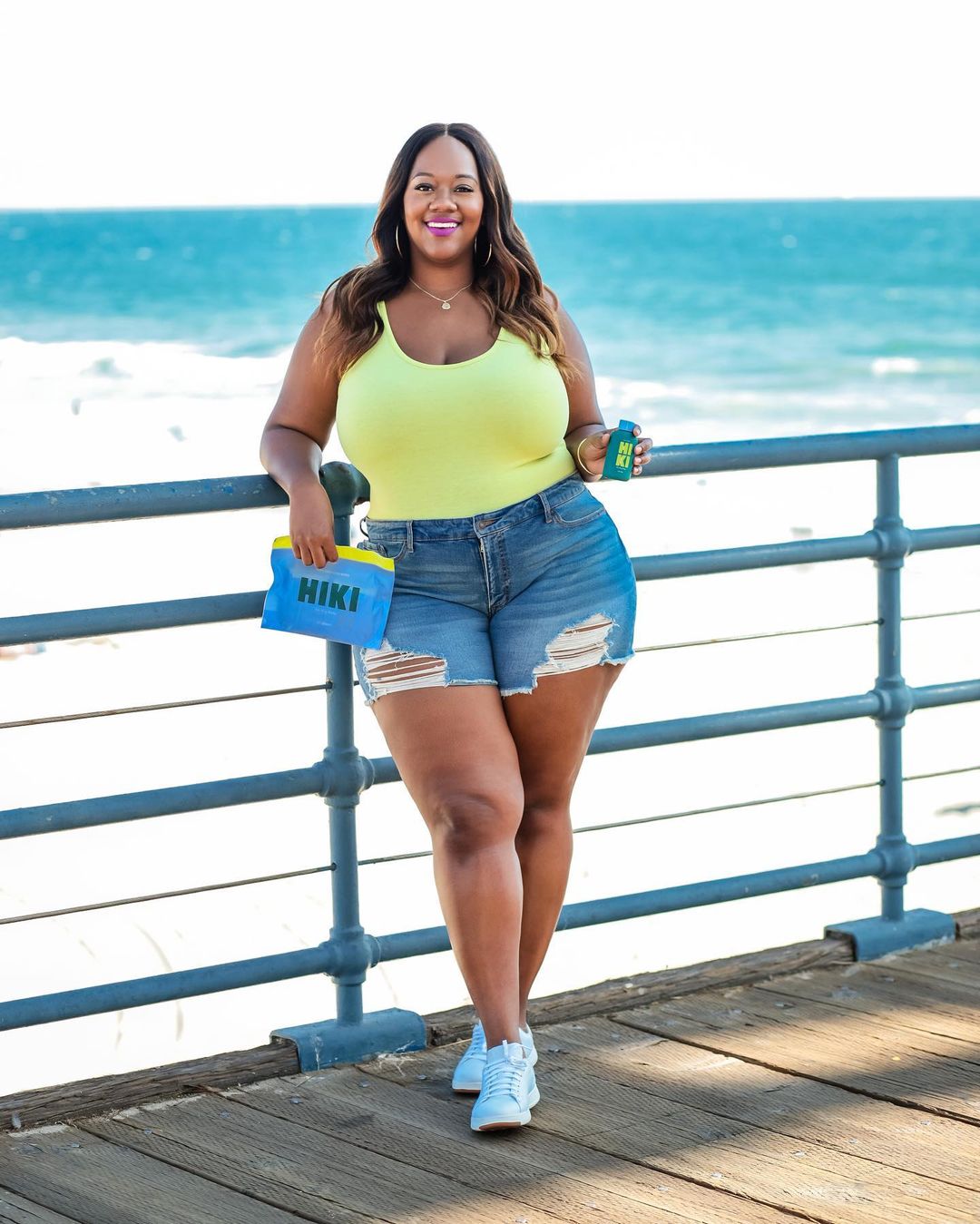American singer, rapper, songwriter, and flutist known professionally as Lizzo triumphed in being the first big, Black woman to be on the cover of Vogue – a good-as-hell career highlight that came just a day after she lamented the Kentucky grand jury decision not to charge any officers in the death of Breonna Taylor.

During an interview with vogue magazine, Lizzo stated that “Having a Black woman as vice president would be great.”
“Having a Black woman as vice president would be great,” Lizzo says, “because I’m just always rooting for Black people. But I want actual change to happen…in the laws. And not just on the outside, you know? Not a temporary fix to a deep-rooted, systemic issue. A lot of times I feel like we get distracted by the veneer of things. If things appear to be better, but they’re not actually better, we lose our sense of protest.” She makes sure to mention Breonna Taylor and Sandra Bland and all the women who, inadvertently or not, often get dropped from the conversation: “We need to talk about the women.” The 32-year-old singer said.

‘Early in her career, Lizzo says, she was told by music-industry executives, “You can’t go white to Black. But you can go from Black to white.” Her response: “‘Well, I’m a Black woman. So I can do just about anything I want to do.’ How dare these people sit up and tell me who my music is going to appeal to or not?”… “When I go hiking or whatever,” Lizzo tells me, “it’s Black girls being like, ‘I like your music.’ ‘Hey, that’s Lizzo.’” These Black fans confirm for Lizzo what she already knows, that she’s “a Black woman making music from a Black experience”—and that her message can speak to anyone.’

“I think it’s lazy for me to just say I’m body positive at this point,” Lizzo says. “It’s easy. I would like to be body-normative. I want to normalize my body. And not just be like, ‘Ooh, look at this cool movement. Being fat is body positive.’ No, being fat is normal. I think now, I owe it to the people who started this to not just stop here. We have to make people uncomfortable again, so that we can continue to change. Change is always uncomfortable, right?”
Now Lizzo is the recipient not only of Grammys and Queerty awards but also NAACP Image Awards, Soul Train Music Awards, and BET Awards. “When I go hiking or whatever,” Lizzo tells me, “it’s Black girls being like, ‘I like your music.’ ‘Hey, that’s Lizzo.’” These Black fans confirm for Lizzo what she already knows, that she’s “a Black woman making music from a Black experience”—and that her message can speak to anyone. Suddenly Lizzo’s usual unflappable confidence gives way to genuine disbelief: “I never thought that I would have…I guess you could call it ‘crossover appeal.’” I can’t help but grin back at her.





